During his 8-month research stay in Konstanz, Xingija Pan worked in the Visual Computing workgroup of Prof. Oliver Deussen.
Chinese PhD Student visits Konstanz
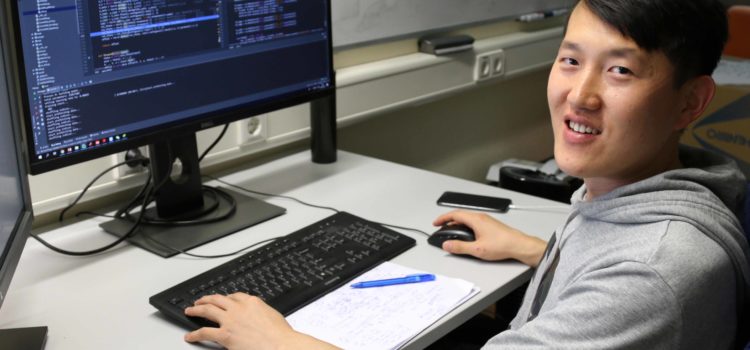


During his 8-month research stay in Konstanz, Xingija Pan worked in the Visual Computing workgroup of Prof. Oliver Deussen.
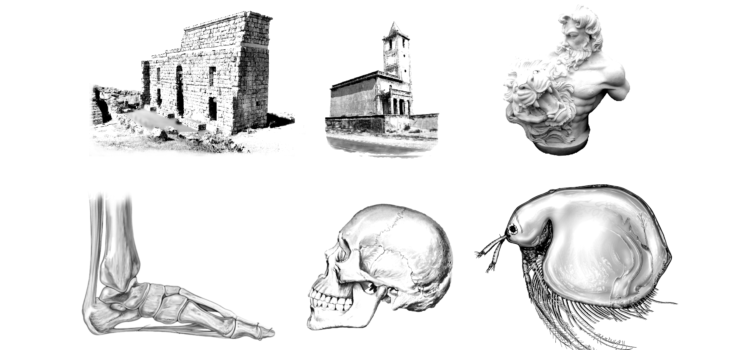
Computer graphics is mostly associated with the creation of artificial images that resemble real photographs as close as possible. However, realistic representations usually contain more information than necessary to transmit intended information. Abstract images can be used to convey information more effectively. The field of non-photorealistic rendering focuses on the automatic creation of these expressive illustrations, often inspired by the work of real artists.
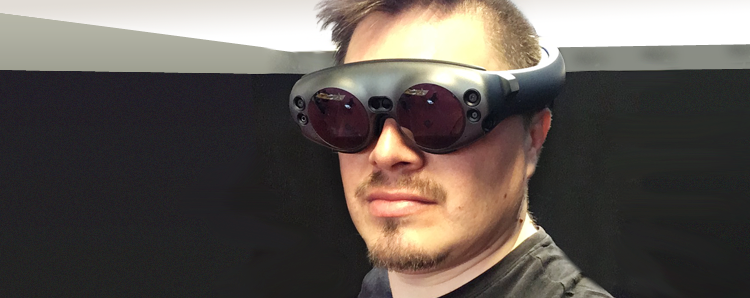
Between the 11th until 15th of February I attended the Augmented Reality Summer School at the University of Auckland, in New Zealand. There, I had the opportunity to use the MagicLeap One, a sophisticated Optical See-Through Head-Mounted Display (OST-HMD) device. I enjoyed the trip and came back home very inspired to continue with my research activities.
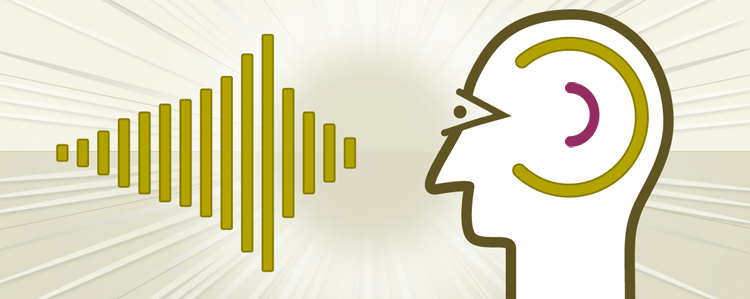
When designing technical solutions, developers are aware that the attentional capacity of their users is limited. Thus, it is an open question on how our limited attention can be cued and redirected by warning systems. In a recent study, Lewis Chuang and Christiane Glatz tested different warning sounds at the Max Planck Institute for Biological Cybernetics in Tübingen. The scientists found out that certain sounds redirected our attention away from an ongoing task better than others.
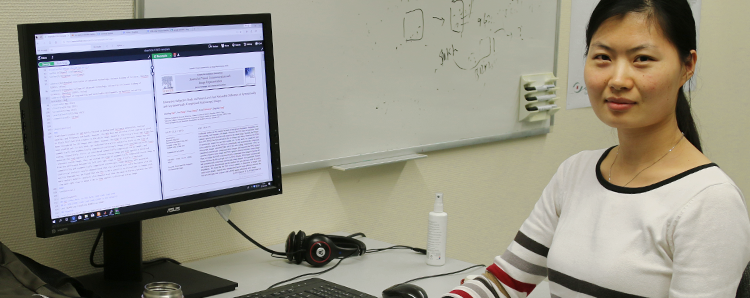
During this winter, I spent almost three months at the Multimedia Signal Processing Workgroup led by Prof. Dietmar Saupe at the University of Konstanz. During this stay I had the opportunity to meet many researchers who work in image and video quality assessment and pursue my research work.
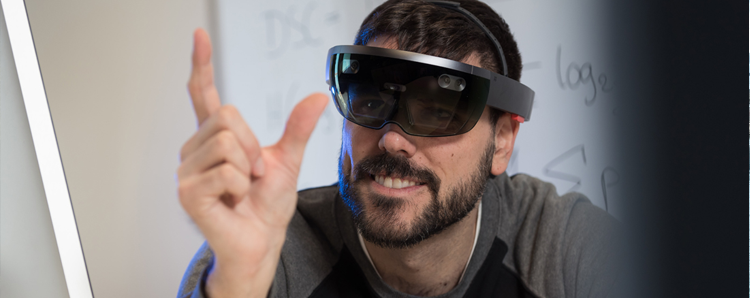
Since August 2018, Michael Sedlmair is a researcher at the Visualization Research Center at the University of Stuttgart. As Assistant Professor his work focuses on the development of Augmented Reality (AR) and Virtual Reality (VR) solutions, Data Visualization, and Human-Computer Interaction (HCI). In an interview he answered some questions regarding his current and future research activities and his idea of how our future might look like.
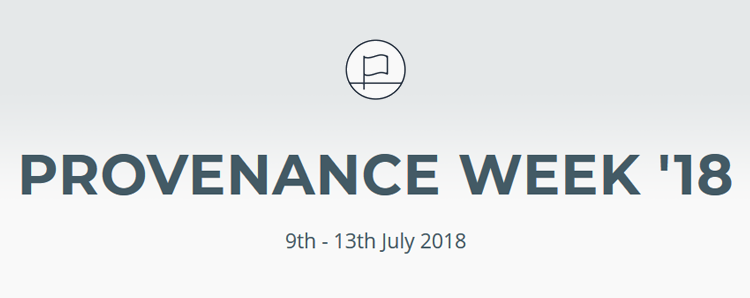
In July 2018, approximately 100 researchers and practitioners interested in the field of provenance gathered at Provenance Week 2018 that took place at King’s College London. Among them, Sarah Oppold (PhD student, Data Engineering group at the Institute of Parallel and Distributed Systems (IPVS), University of Stuttgart) and me.
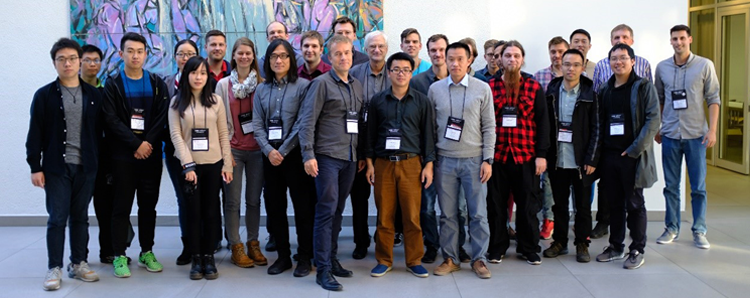
The second Sino-German Workshop on visualization was held in the Estrel hotel, Berlin, Germany on 21st, October 2018, co-located with IEEE VIS 2018. This workshop aimed at bringing together German and Chinese researchers in the field of visualization and was co-organized by Prof. Yunhai Wang from Shandong University, China, and me. Over 40 participants from German and Chinese Universities including University of Konstanz, University of Stuttgart, University of Bonn, Shandong University, Zhejiang University, and Peking University were brought together.
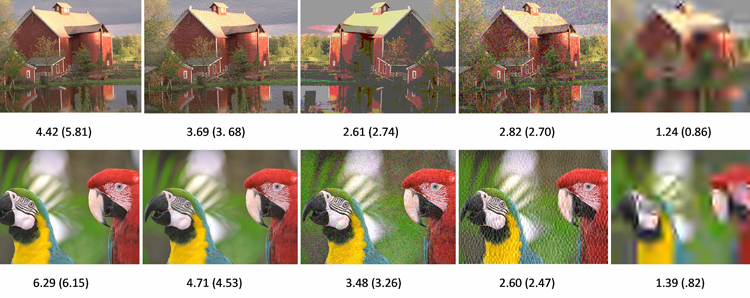
Digital images have become omnipresent in modern life. The popularity and affordability of handheld imaging devices, especially smartphones, along with the rapid development of social media and social networking services such as Facebook, Flickr, and Instagram have made images a popular and integral part of everyday communication. With the development of visual media transmission systems, it is becoming increasingly important to improve visual applications in order to meet the quality expectations of end users. For this aim, it is important to evaluate the image quality directly from the user’s perspective, which is known as quality of experience.
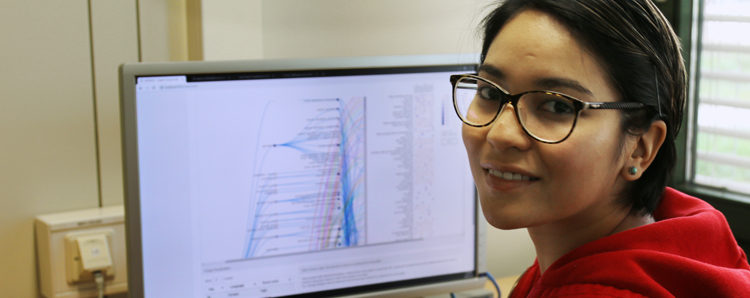
I’m a PhD student at University of Ontario Institute of Technology (UOIT) in Canada, where I belong to the visualization for information analytics laboratory (vialab). In this past summer, I had the amazing opportunity to spend 3 months in the University of Konstanz working closely with the Data Analytics and the Computational Linguistic groups.